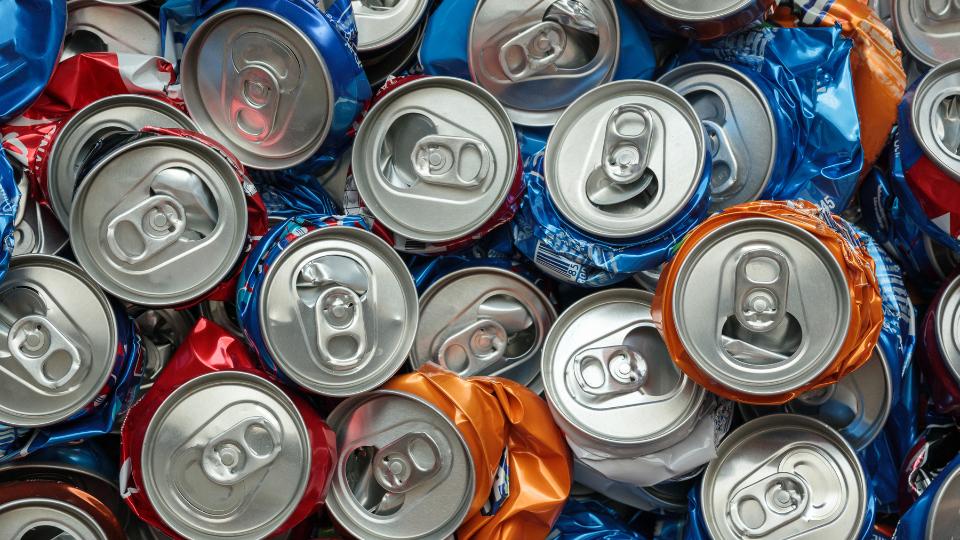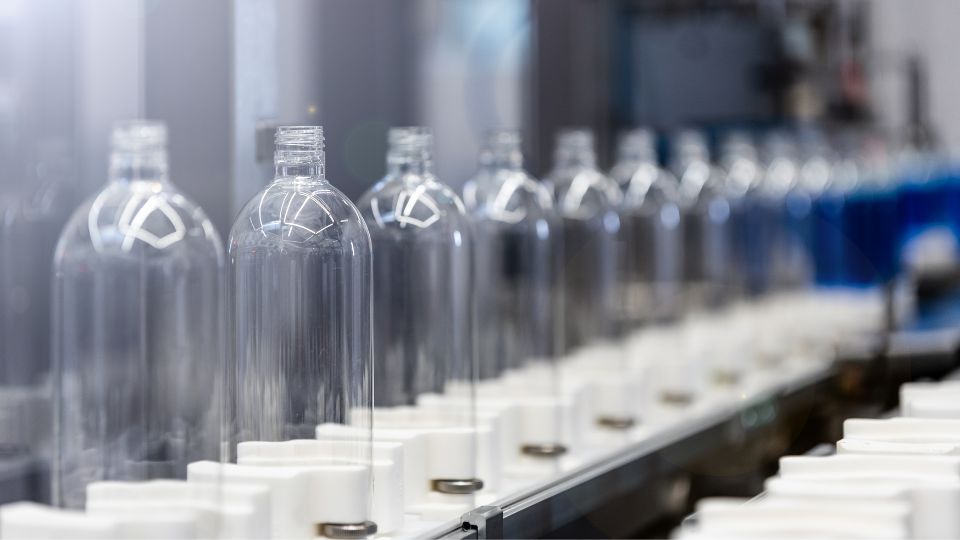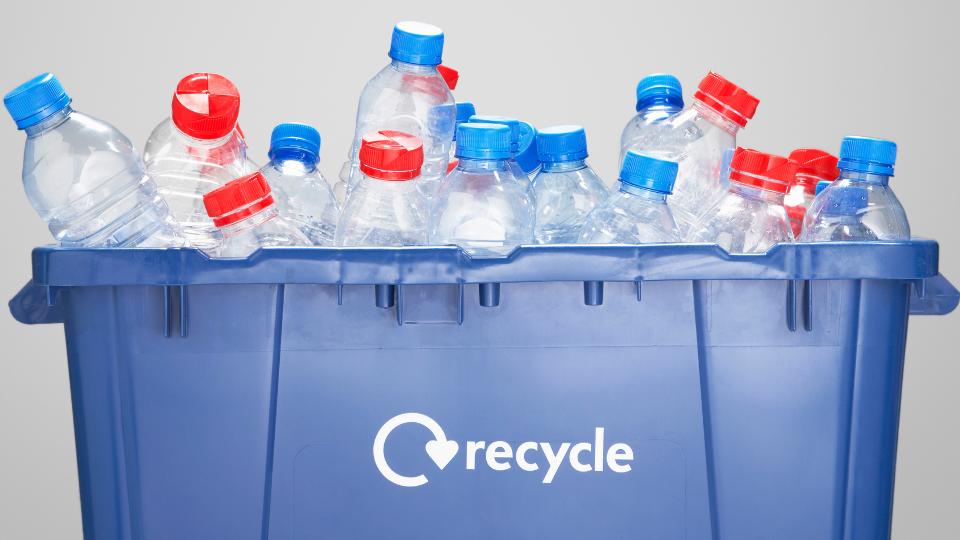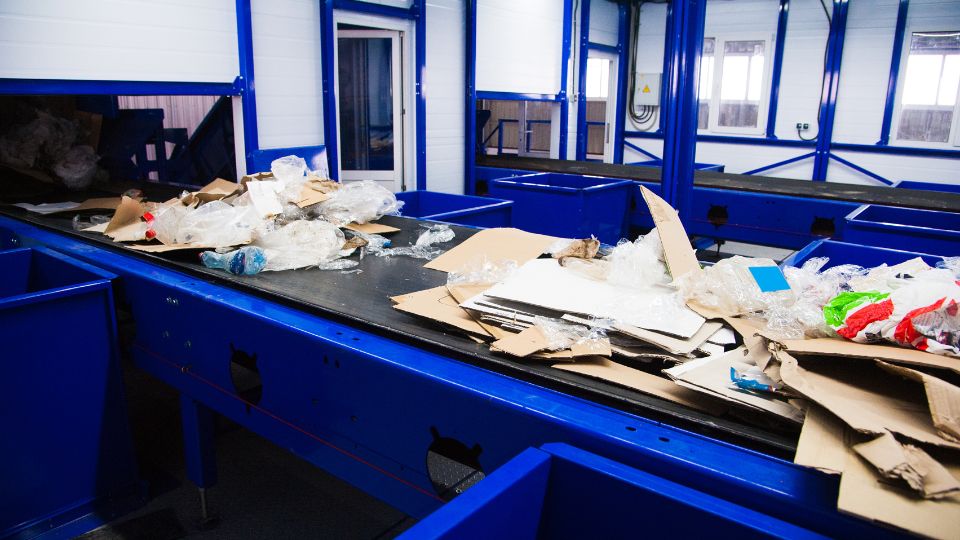
Is aluminium recyclable?
Yes, aluminium is highly recyclable. In fact, it is one of the most recycled materials in the world. Recycling aluminium requires significantly less energy than producing new aluminium from raw materials.
According to the Aluminum Federation, recycling aluminium saves 90% of the energy needed to produce new aluminium from raw materials.
Aluminium can be recycled over and over again without losing its quality, making it a sustainable material.
Additionally, recycling aluminium helps to conserve natural resources, reduce energy consumption, and lower greenhouse gas emissions.
To recycle aluminium, it can be collected through our recycling services or taken to a recycling centre.
The aluminium is then sorted, cleaned, melted, and reformed into new products, such as beverage cans, car parts, and construction materials.
Can aluminium be 100% recycled?
Aluminium can be recycled through a process that involves several steps:
- Collection: The first step in aluminium recycling is collecting the used aluminium products. These can include cans, foil, siding, and other scrap materials.
- Sorting: Once collected, the aluminium is sorted into different types based on the alloy and the form of the material. This is important because different types of aluminium require different recycling processes.
- Shredding: After sorting, the aluminium is shredded into small pieces or chips to prepare it for melting.
- Melting: The shredded aluminium is then melted in a furnace at high temperatures, typically around 660°C (1220°F). This process is known as “remelting.
- Purification: To remove any impurities in the melted aluminium, a process called “fluxing” is used. This involves adding chemicals to the melted metal to separate any unwanted materials.
- Casting: Once the aluminium is pure and molten, it can be cast into different shapes and forms, such as ingots or billets. These can then be used to make new aluminium products.
By recycling aluminium, energy and resources are conserved, and it is more environmentally friendly than producing new aluminium from raw materials.
In fact, recycling aluminium uses only 5% of the energy required to make new aluminium from bauxite ore.

How to dispose of an aluminium box
When it comes to disposing of an aluminium box, the first thing to consider is whether it can be recycled.
Aluminum is a valuable material that can be recycled indefinitely, so it’s important to try and recycle it whenever possible.
If the aluminium box is clean and free of any food or other contaminants, it can be recycled in most curbside recycling programs.
Simply place it in your aluminium recycling bin and it will be collected and sent to a treatment facility for sorting and smelting.
If the box is not clean, you can wash it with soap and water to remove any residue before recycling it. Alternatively, you can use it for storage or repurpose it for other uses.
If you are unable to recycle the aluminium box, it can be disposed of in your regular trash.
However, it’s important to note that aluminium takes a long time to decompose, so it’s always better to try and recycle it whenever possible to reduce waste and conserve resources.
Aluminium recycling facts
Recycling aluminium
- Recycling just one aluminium can save enough energy to power a 60-watt light bulb for over four hours.
- Recycled aluminium can be used to make a wide range of new products, including cans, cars, aeroplanes, and construction materials.
- Recycling aluminium saves 95% of the energy needed to produce new aluminium from raw materials.
- Aluminium can be recycled indefinitely without losing its quality.
Aluminum Waste Disposal
- Aluminium waste can take hundreds of years to decompose in a landfill.
- Improper disposal of aluminium waste can lead to soil and water pollution.
- Burning aluminium waste releases toxic fumes and contributes to air pollution.
- Recycling aluminium waste reduces the amount of waste sent to landfills and helps to conserve natural resources.
Aluminum resource Facts
- Aluminum is the third most abundant element in the Earth’s crust.
- Bauxite, the primary ore used to produce aluminium, is found in tropical and subtropical areas around the world.
- Aluminium production requires a significant amount of energy and resources, including electricity and water.
- The use of aluminium in products like cars and aeroplanes can help to reduce their weight, improving fuel efficiency and reducing greenhouse gas emissions.
- The demand for aluminium is expected to continue to grow as it is used in a wide range of products and applications, including renewable energy technologies like wind turbines and solar panels.






